Ather Energy Expands Product Testing & Validation Centre in Bengaluru
Ather’s Juggernaut R&D centre, covering 38,692 sq. ft., houses specialised labs for structural, battery, electronics, and environmental testing.
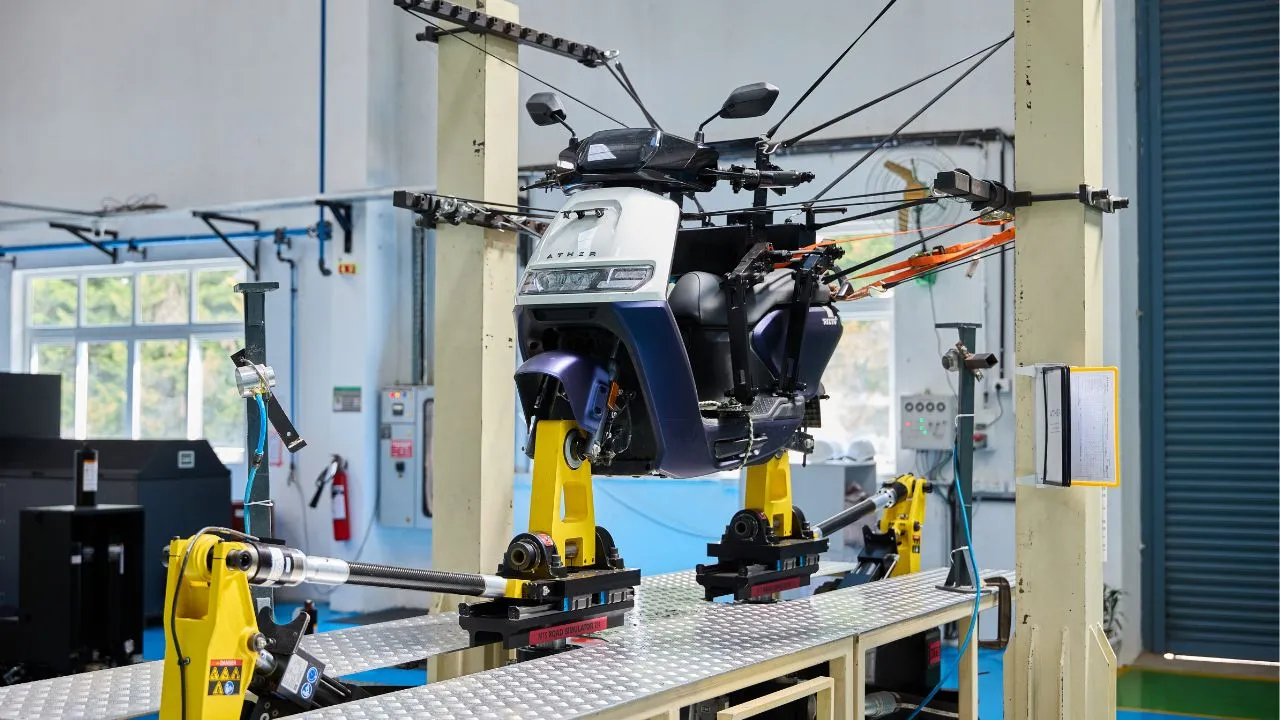
Ather Energy has expanded its R&D and testing capabilities at the Juggernaut facility (Product Testing & Validation Centre) in Bengaluru to optimise the development process and accelerate the market launch of new electric scooters. The move underscores the company's commitment to continuously refining the quality, reliability, and performance of its electric scooters. Ather’s Juggernaut R&D centre, spanning a vast 38,692 sq. ft., has specialised laboratories for structural, battery, electronics, and environmental testing. This helps to validate the durability, safety, and performance of both systems and components in electric scooters, including through rigorous real-world road endurance assessments.
Ather Energy employs a rigorous, multi-layered approach to product development, incorporating comprehensive testing at every phase to uphold the highest quality standards. The facility is equipped with a 4 DOF Road Simulator/MTS 334 road load simulator, enabling precise testing of systems like suspension frames. This technology ensures early bug detection, optimised design cycles, and reduced modification costs. Ather Energy's MTS 334 simulator replicates the complex conditions of real-world two-wheeler riding. This compresses a 100,000 km endurance test, typically taking 10 years, into just 15 days.
Also Read: 2025 Ather 450X Review: The e-scooter for Rallying?
Ather Energy demonstrates its dedication to producing high-quality electric scooters through a relentless focus on refining its validation processes. By combining multi-stress factor testing with real-time field data feedback, engineers precisely predict and resolve potential issues, ensuring exceptional real-world performance for customers. This proactive approach is further supported by stringent battery testing at the facility, which includes assessments of thermal performance, water resistance, drop impact, and vibration and thermal cycling to ensure both safety and reliability. Additionally, to evaluate long-term durability, battery packs are tested under simulated everyday use, providing valuable insights into their performance and wear over time.
Ather Energy leaves no stone unturned in ensuring their scooters are robust enough for Indian roads. The battery packs, in particular, pass through rigorous 272 tests (temperature, drops, vibrations) and are IPX7 waterproof and AIS 156 certified. The company adheres to the Ather Product Development System (APDS), a rigorous framework that demands eight distinct quality reviews before any product reaches the market. As of December 31, 2024, Ather Energy had carried out 4,535 specialized tests to validate the quality and performance of its electric two-wheelers.
Ather Energy runs three R&D facilities in Bengaluru, one of which is officially recognized by the Department of Scientific and Industrial Research (DSIR) as an in-house unit. As of December 31, 2024, the company had invested Rs 2,388 million in R&D, accounting for 15% of its operational revenue, with nearly 46% of its workforce dedicated to R&D activities.
Also Read: Honda Activa e vs Ather Rizta Spec Comparison: What's Different?
Ather Energy currently operates two manufacturing plants in Hosur, Tamil Nadu. One of these plants is dedicated to vehicle assembly, while the other focuses on battery manufacturing for their electric scooters. In addition to these, the company is developing a third manufacturing facility in Bidkin, AURIC, Chhatrapati Sambhaji Nagar, Maharashtra.
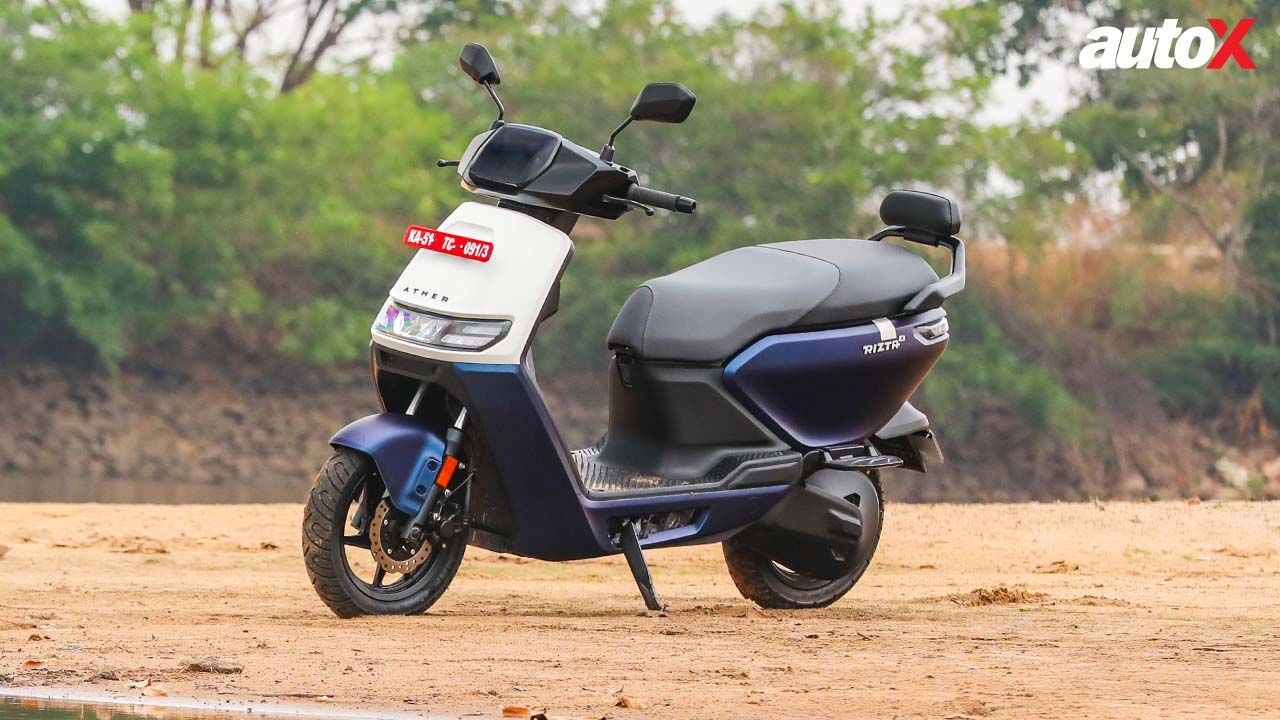

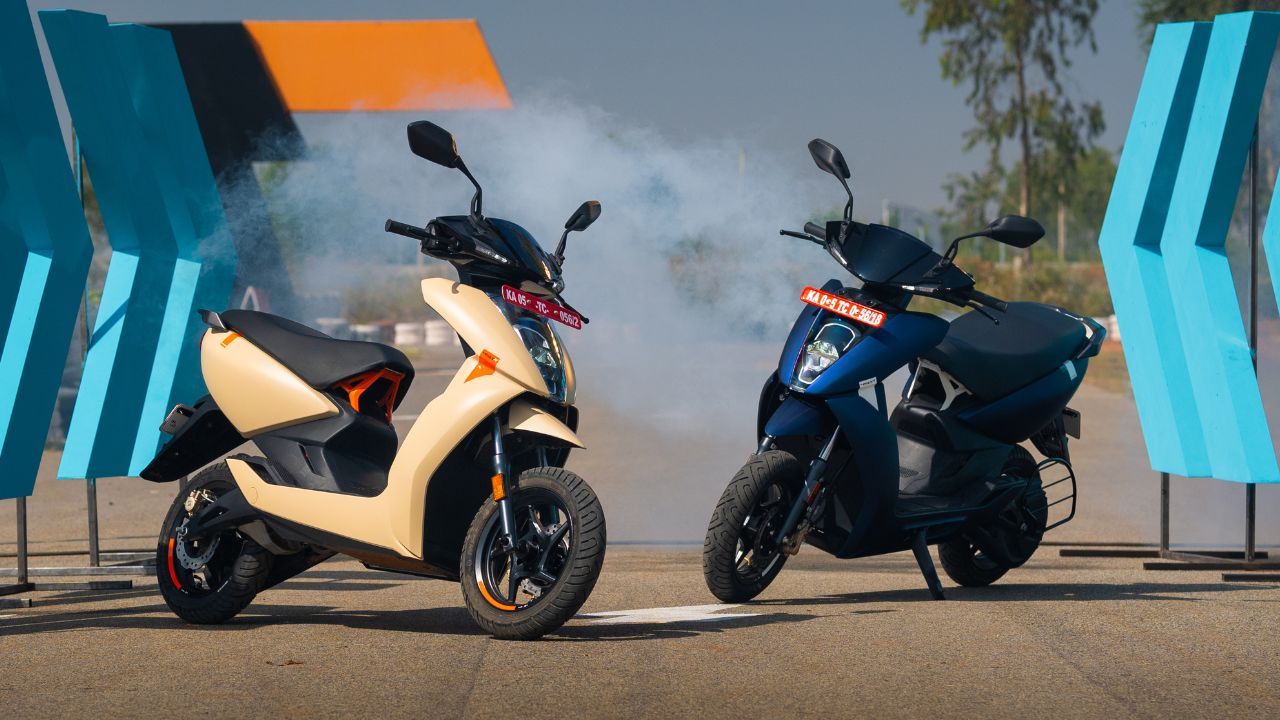
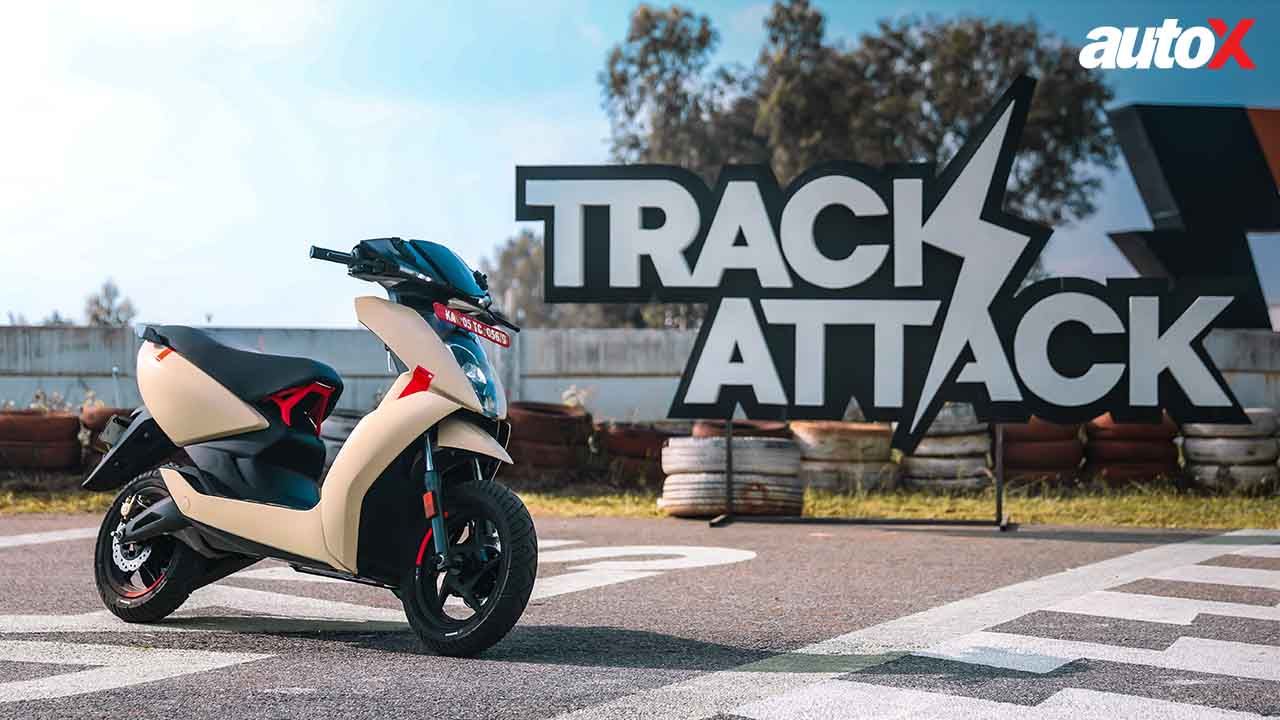
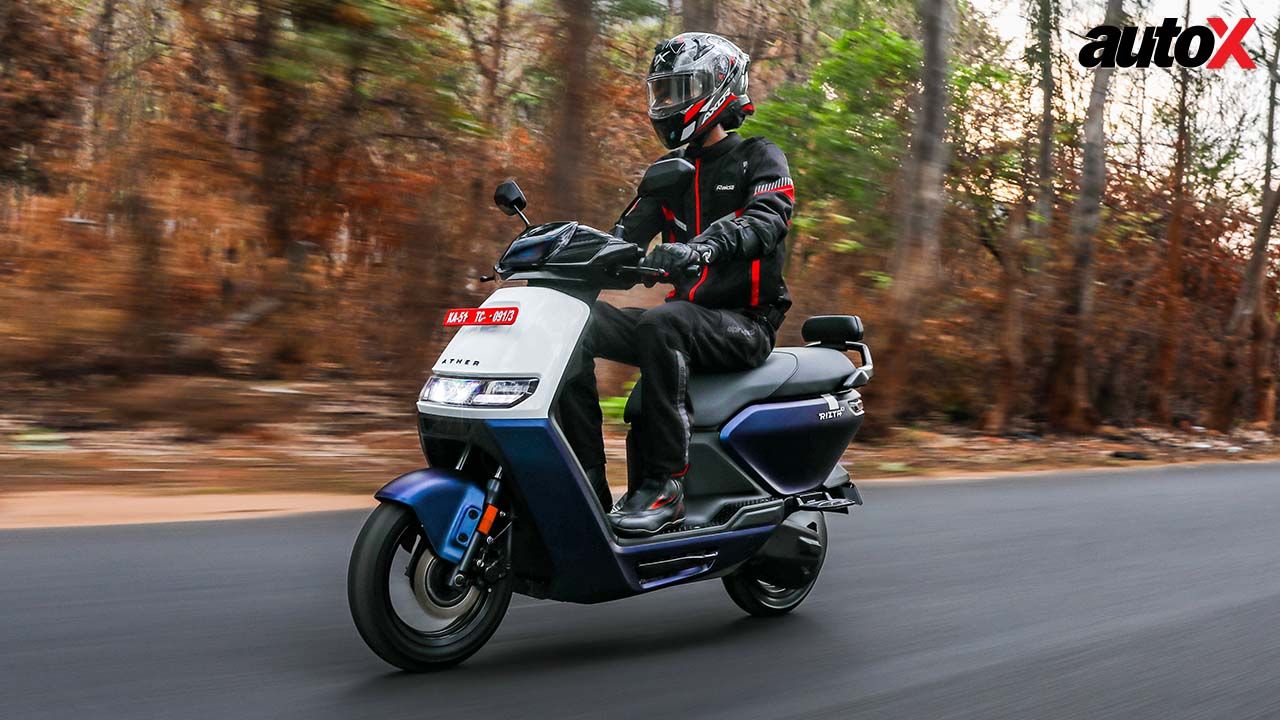
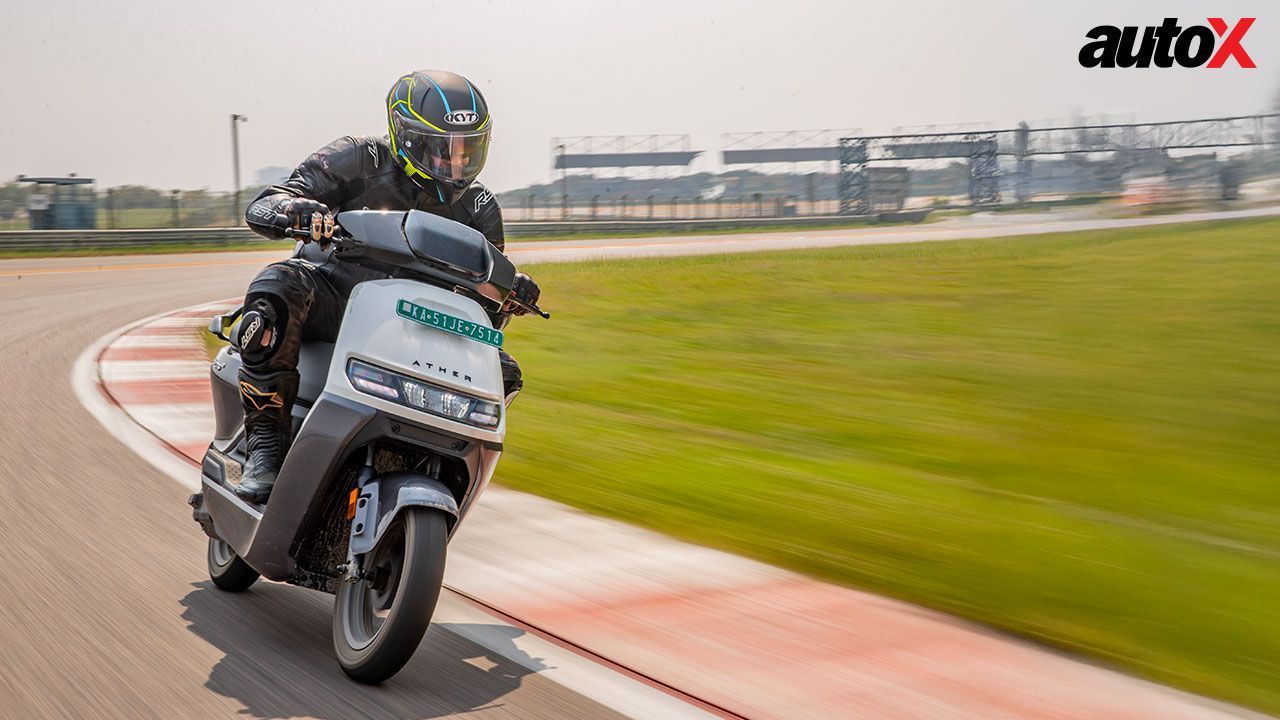

.webp)
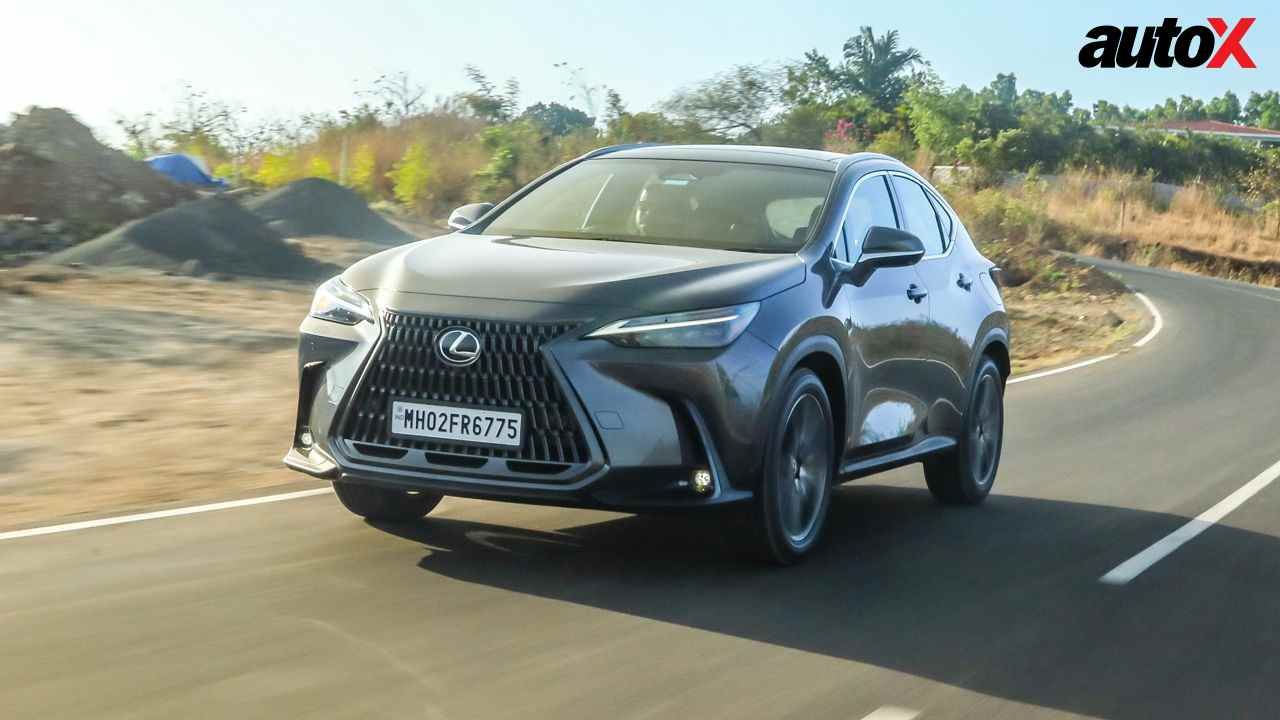
.webp)
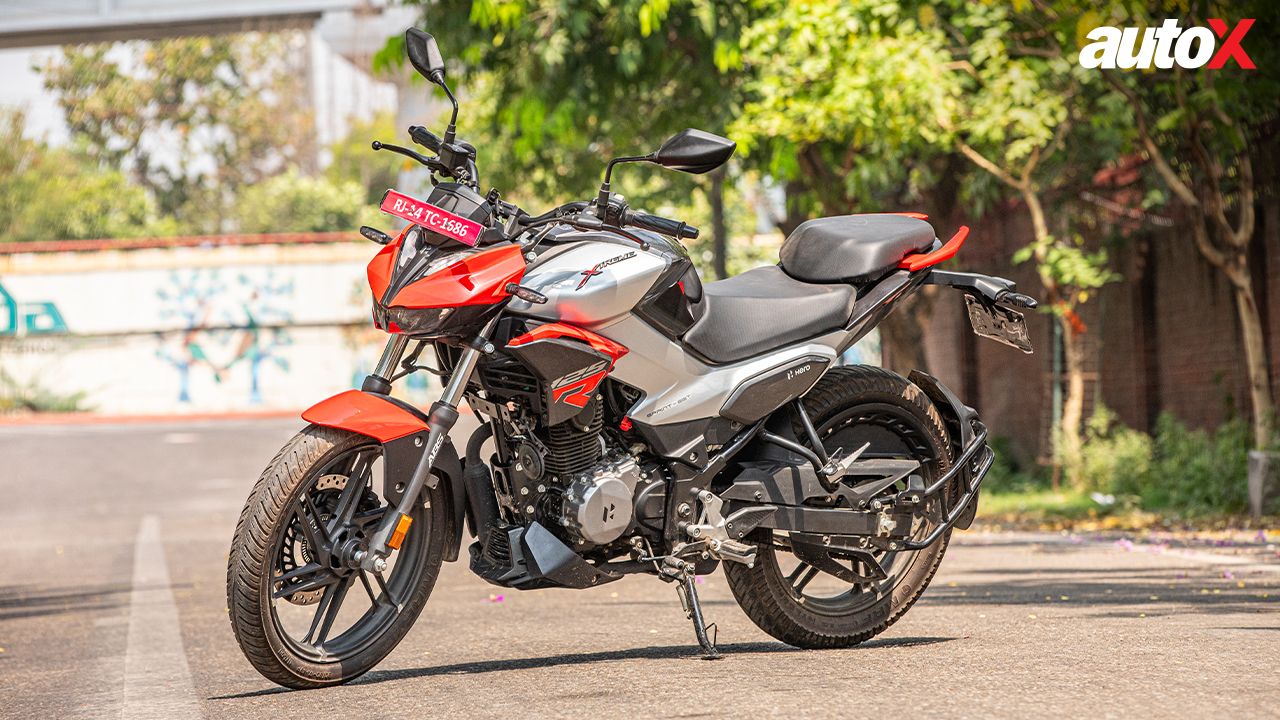
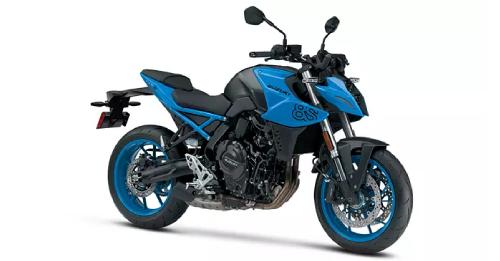
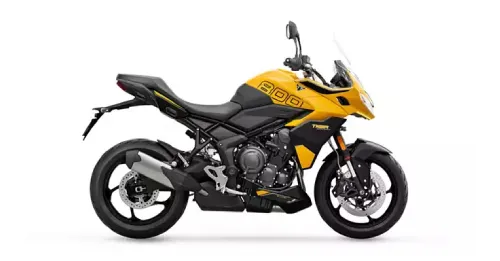
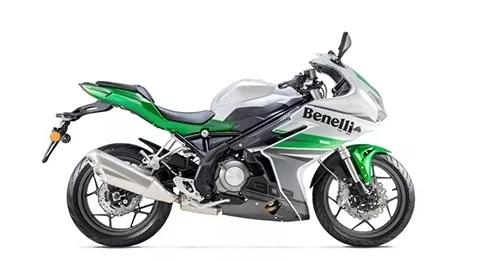
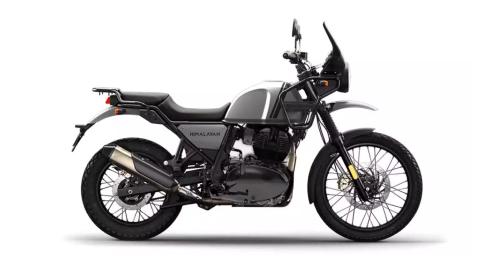
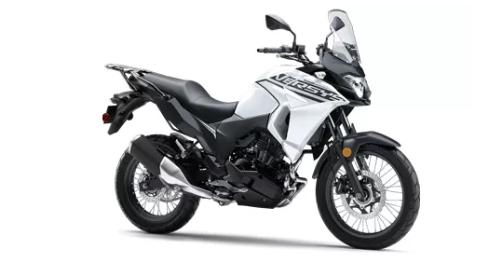














Write your Comment on